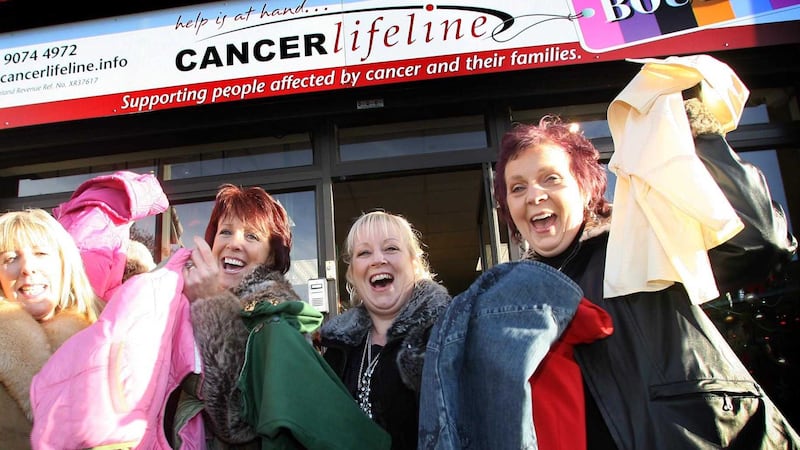Charity shops are unfairly maligned. People blame them for killing the high street, putting other shops out of business and casting a shabby pallor over town centres.
In 2012 the Welsh government became so concerned by the growth of charity shops that it seriously proposed capping their numbers in every area, although it subsequently left this decision to councils. Yet a large UK-wide study by think-tank Demos the following year found charity shops were “a symptom, rather than a cause, of high street decline” and there was no evidence that they forced up rents or stopped other small or medium-sized businesses from opening.
Demos also found that charity shops were an important route into work for the long-term unemployed, contributed significantly to the physical and mental health of their volunteers and made a “colossal” contribution to the environment, recycling enough every year to offset the entire carbon footprint of Iceland.
You can expect all these arguments to be recycled in Northern Ireland over the next few months as Stormont concludes a public consultation exercise into non-domestic rates.
The entire system is up for review, including the 100 per cent exemption for “charitable purposes”, which includes churches, non-profit enterprises and community, sport and cultural organisations.
However, while the Welsh were concerned by the impact of charity shops on their high streets, Stormont’s concern is “whether there is a better system for generating the existing level of revenue”. It will be important to understand this distinction when the public consultation ends and the political arguing really starts on January 25 next year.
The existing annual revenue from all rates in Northern Ireland is £1.2bn, split about 50/50 between domestic and non-domestic sources.
Stormont keeps just over half the total and councils get the rest. It is Northern Ireland’s largest devolved tax by some margin, funding 5 per cent of Stormont’s departmental spending and three-quarters of council spending.
The charitable exemption costs £87m a year - a considerable sum. Unlike most other exemptions, which Stormont bears the cost of alone, this one is shared jointly with councils.
Charity shops are a surprisingly small part of this, costing just £5.5m a year and accounting for 5 per cent of retail premises. But they are regarded as very much on the front line by both sides of the emerging debate.
The Department of Finance and Personnel (DFP), which is conducting the review, has essentially accepted the Demos position but has a number of other concerns. It believes the existing system is too difficult to administer, due to the wide definition of charitable purpose, the narrower remit of the new Charity Commission and the convoluted exemption of only goods donated to shops as opposed to goods bought in.
It is also concerned about landlords avoiding 50 per cent rates on vacant property by giving charities free leases or peppercorn rents, which has the potential for market distortion and fraud.
In its consultation document, DFP hints strongly at moving towards the system in Britain where any charitable activity of a commercial character (i.e. a shop) has an 80 per cent rates exemption, with the remaining 20 per cent at the discretion of councils. As in Wales, those councils could then set policies for local circumstances.
On the other side of the argument, voluntary sector umbrella group Nicva says any move against charity shops would be “the thin end of the wedge”, with the rest of the charitable sector quickly targeted - although DFP itself makes an excellent case against this, pointing out that most charities get the bulk of their income from the state so removing rate relief would just be robbing Peter to pay Paul.
What neither side is keen to say is that the charitable exemption distorts non-domestic rates for everyone else, currently adding 15 per cent to other businesses’ bills, with this cost having grown by a third over the past decade. High taxes are not something DFP or charities like to criticise, for political and ideological reasons respectively - but private retailers are increasingly making it clear that they cannot trade successfully under this burden.
Ironically, most of the charities running networks of shops could easily pay their full share of the rates - after all, people are literally giving them cash, stock, labour and premises.
If that is not something we are prepared to consider, Stormont and the councils will just have to consider taxing and spending less in the first place. Otherwise, charity shops will kill the high street - indirectly.
newton@irishnews.com









